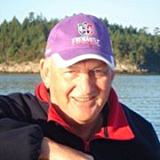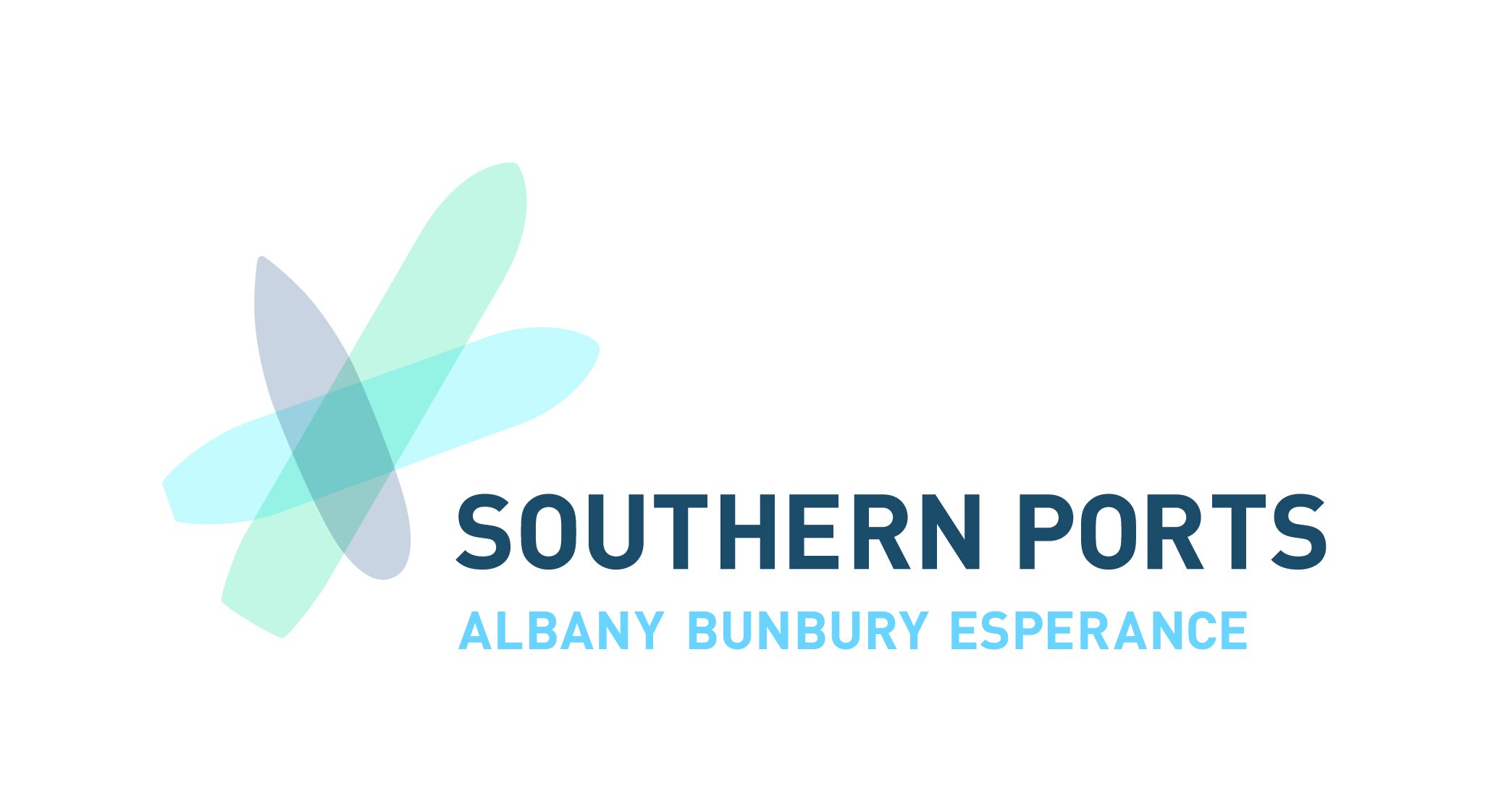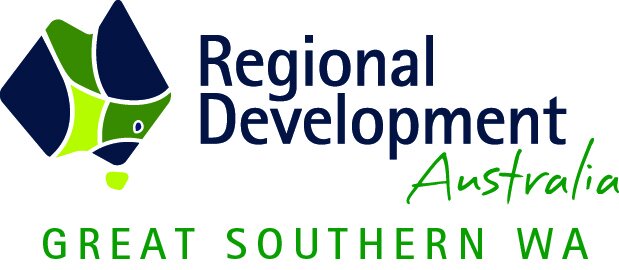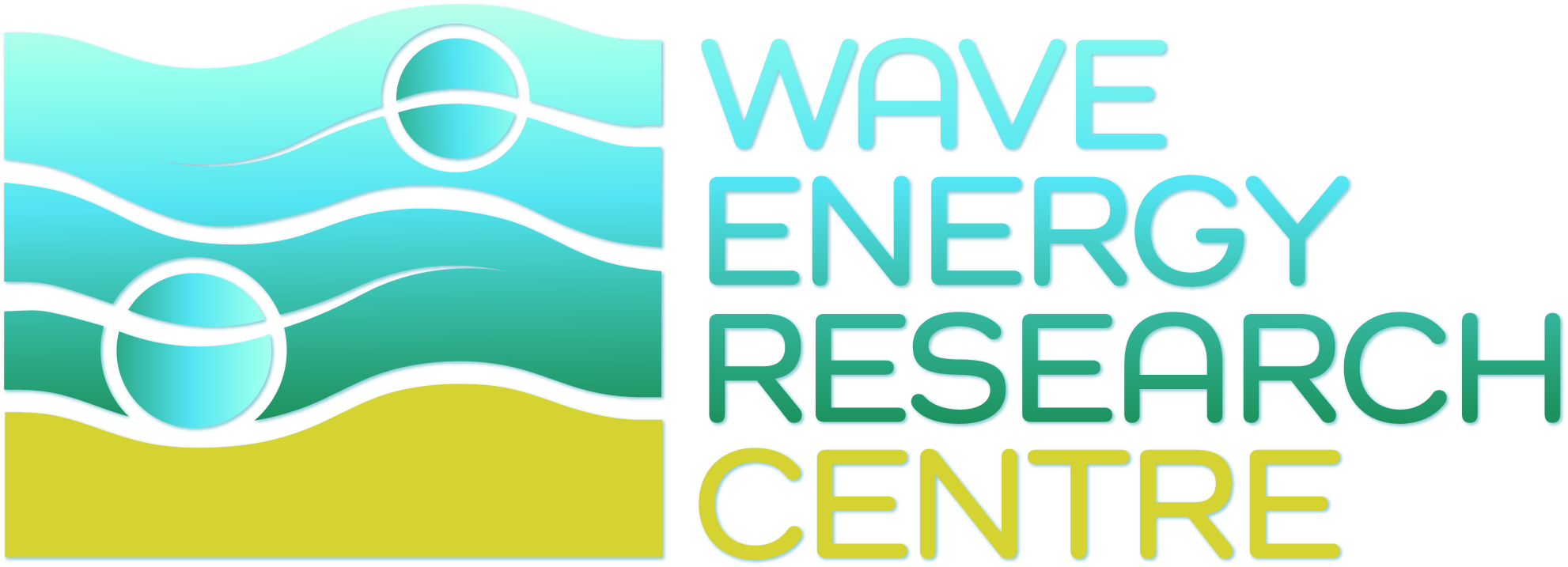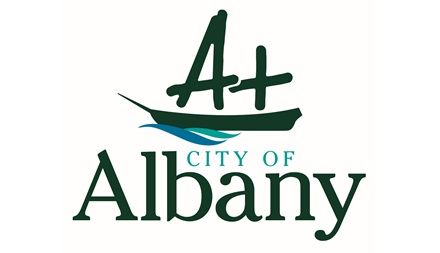Kit Prendergast
/Dr Kit Prendergast, also known as The Bee Babette, is a native bee ecologist, taxonomist, and science communicator. She completed her PhD at Curtin University under a Forrest Research Foundation Scholarship, with her thesis 'Urban native bee assemblages and the impact of the introduced European honeybee on plant-pollinator networks in the southwest Australian biodiversity hotspot.' She has conducted hundreds of surveys across the country, filling the gaps in our understanding of native bee biodiversity, what flowers they forage on, and where and when they occur, so that we can practice evidence-based management of our precious pollinators and their habitat. She is also an expert on bee hotels. She has a flair for scicomm, and has spoken at events, schools, and to communities across the country. She has discovered a new species of rare native bee, Leioproctus zephyr, which she named after her dog. She runs the facebook group 'The Buzz on Wild Bees', and has a YouTube channel 'The Bee Babette', and has written the book 'Creating a Haven for Native Bees.'
Email Address: kitprendergast21@gmail.com
Current Area of Interest/Research: Pollination, native bees, ecology, bees, biodiversity, conservation
Qualifications: PhD, BSc (First Class Honors), BA







